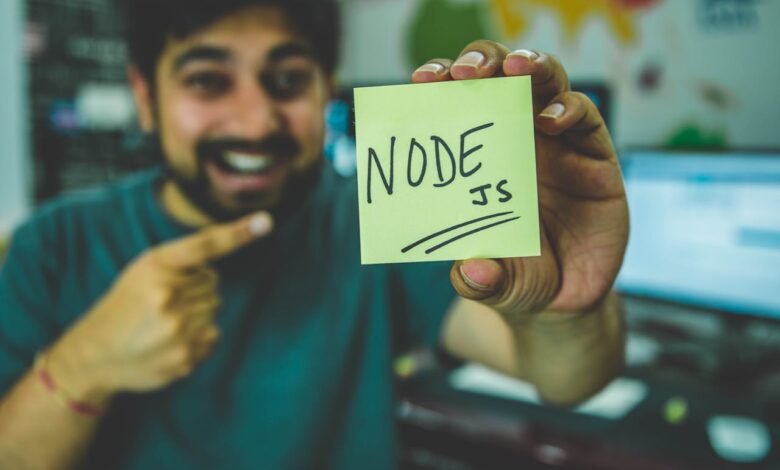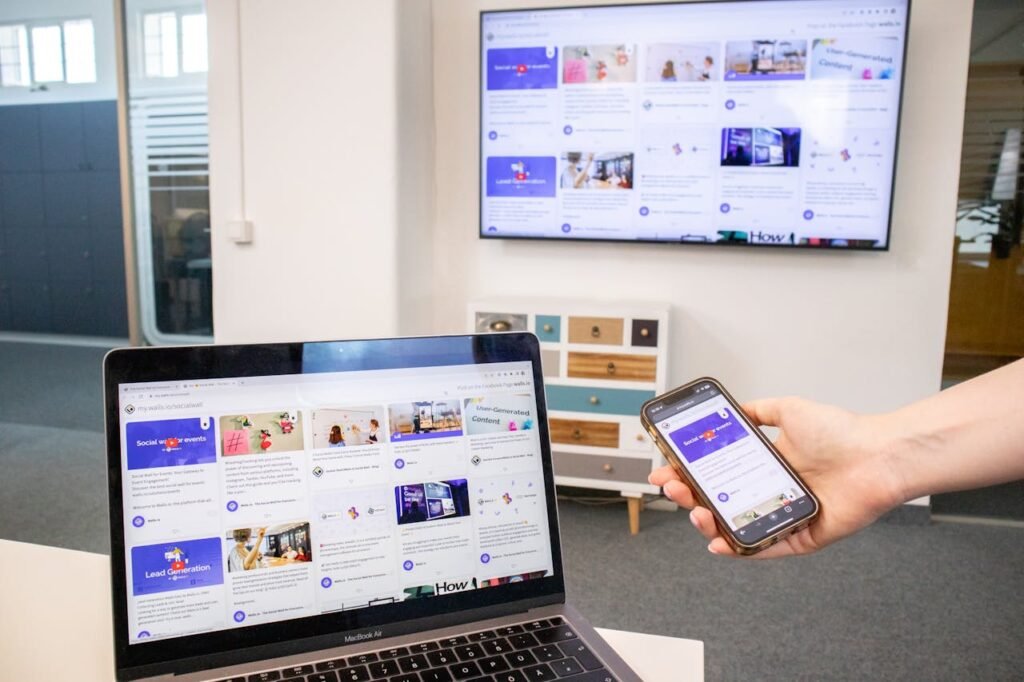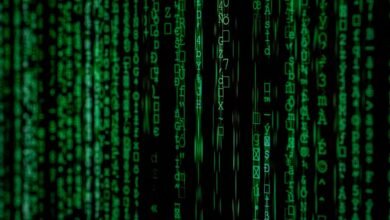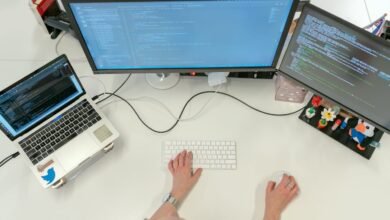What are the best resources for learning a new programming language

The modern world can overwhelm a person with the variety of resources that are used to learn a new programming language. No matter whether you are a absolute novice or an advanced developer who wants to extend his/her expertise, the right choice of learning resources is your key to success. This handbook considers the best websites, books, and tools to assist you to become a pro in any programming language conveniently and pleasurably.
Interactive Online Platforms

Codecademy
Codecademy has been among the most recommended sites to the beginners in 20251. It has interactive courses in an extensive variety of programming languages such as Python, JavaScript, Java, C++, and Ruby2. Here, the advantage of the platform is that you receive the response to what you write at the moment, so a good solution in the case of a practical learner.
Key Features:
- Interactive coding exercises in your browser
- Step-by-step guidance through projects
- Free basic courses with premium options available
- Pro plan at £15.99 monthly for advanced content2
AlgoCademy
AlgoCademy has been one of the most popular sources of coding education, especially among people who are studying to grace technical interviews within big tech firms. It is AI-powered and emphasizes a lot on algorithmic thinking, which is ideal in developing problem-solving skills.
Unique Advantages:
- AI-powered hints and explanations
- Interview preparation focus
- Real-time feedback on code quality
- Curriculum designed for FAANG company interviews
freeCodeCamp
freeCodeCamp provides one of the most extensive free courses in a variety of areas, starting with the fundamental skills such as HTML and CSS up to more advanced concepts such as machine learning. This community-based learning system and project-based learning means that the platform is ideal with self-motivating learners.
Free Learning Resources
Khan Academy
Khan Academy offers absolutely free course on programming which encompasses not only the basics of web development such as HTML, CSS, JavaScript, SQL, and Python. The platform keeps it easy to learn and provides videos, articles, and practice challenges to learn how to keep even complicated things simple.
W3Schools
The tutorials of web building include a good division of themes at W3Schools and provide the immense examples4. It is especially helpful in the languages used in web development and it offers fast reference material that cannot be ignored in the coding process.
The Odin Project
The Odin Project is an open source curriculum that is specifically built around full-stack web development, and free. It is an organized program of study that will bring you as a novice to the position of hired developer.
Premium Learning Platforms
Udemy
Udemy is the biggest provider of online courses with its more than 24 million users and 80, 000+ courses5. The site also provides free and paid courses, but it has regular sales to offer premium courses at a price as low as 10 pounds.
Benefits:
- Courses from top instructors
- Real-world project-based learning
- Student reviews to guide course selection
- Lifetime access to purchased courses
Coursera
Coursera partners with universities to offer high-quality programming courses6. Many courses are available for free, with paid certificates available for those seeking formal recognition of their learning.
Pluralsight
Pluralsight focuses on industry-relevant skills with a subscription model that provides access to thousands of courses. It’s particularly strong for professional development and keeping up with the latest technologies.
Essential Programming Books

Python Programming Books
Python Crash Course by Eric Matthes
This project-based book is highly recommended for beginners. It teaches Python fundamentals through building real-world applications including games, data visualisations, and web apps.
Automate the Boring Stuff with Python by Al Sweigart
Perfect for beginners, this book focuses on practical applications like file manipulation, email automation, and PDF processing7. The book is available for free online, making it accessible to everyone.
General Programming Books
Clean Code by Robert C. Martin
This essential book emphasises writing maintainable, readable code7. It’s invaluable for developers at any level who want to improve their coding practices and understand the difference between good and bad code.
C++ Primer (Fifth Edition)
For those learning C++, this comprehensive guide covers all features of the C++11 standard and provides extensive coding examples. It’s suitable for both beginners and experienced programmers.
Practical Coding Platforms
LeetCode
LeetCode provides coding challenges that enhance problem-solving skills and help you apply programming concepts in practical scenarios. It’s particularly valuable for interview preparation and algorithmic thinking.
HackerRank
HackerRank offers a wide variety of programming challenges across different domains and difficulty levels. It’s excellent for practising specific programming concepts and competing with other developers.
CodeSignal
CodeSignal combines coding challenges with career opportunities, allowing you to demonstrate your skills to potential employers. It provides a gamified approach to learning and skill assessment.
Community and Support Resources
Stack Overflow
While not a learning platform per se, Stack Overflow is invaluable for getting help with specific programming problems. The community-driven Q&A format provides solutions to virtually any coding challenge you might encounter.
Reddit Programming Communities
Subreddits like r/learnprogramming offer supportive communities where beginners can ask questions and get advice from experienced developers. These communities provide motivation and peer support throughout your learning journey.
Discord and Slack Communities
Many programming languages and frameworks have dedicated Discord or Slack communities where you can get real-time help and connect with other learners and professionals.
Comparison Table of Top Resources
| Resource | Cost | Best For | Languages Covered | Key Strength |
|---|---|---|---|---|
| Codecademy | Free/£15.99 monthly | Beginners | Python, JavaScript, Java, C++ | Interactive learning |
| freeCodeCamp | Free | Web development | HTML, CSS, JavaScript, Python | Project-based curriculum |
| Udemy | £10-50 per course | All levels | All major languages | Course variety and quality |
| Khan Academy | Free | Beginners | Web development basics | Simple explanations |
| AlgoCademy | Varies | Interview prep | Multiple languages | AI-powered assistance |
| Coursera | Free/Paid certificates | Academic approach | All major languages | University partnerships |
| Books | £20-50 each | In-depth learning | Language-specific | Comprehensive coverage |
| LeetCode | Free/Premium | Problem-solving | Multiple languages | Interview preparation |
Frequently Asked Questions
What’s the best resource for complete beginners?
For absolute beginners, Codecademy or freeCodeCamp are excellent starting points. They provide structured, interactive learning experiences that don’t assume any prior knowledge. Khan Academy is also brilliant for those who prefer video-based learning with simple explanations.
Should I use free or paid resources?
Start with free resources like freeCodeCamp, Khan Academy, or Codecademy’s free tier to determine if programming interests you111. Once you’re committed, investing in premium resources like Udemy courses or programming books can accelerate your learning significantly.
How important are programming books in 2025?
Programming books remain crucial for in-depth understanding7. While online tutorials are great for getting started, books like “Clean Code” and “Python Crash Course” provide comprehensive knowledge that’s difficult to find in fragmented online content.
What’s the best way to practice coding?
Combine multiple approaches: use interactive platforms like Codecademy for structured learning, tackle challenges on LeetCode or HackerRank for problem-solving skills, and build personal projects to apply what you’ve learned practically.
How do I choose which programming language to learn first?
Consider your goals: Python for data science and general programming, JavaScript for web development, Java for enterprise applications, or C++ for system programming. Python is often recommended for beginners due to its readable syntax and versatility.
Are coding bootcamps worth it compared to self-learning?
Self-learning using the resources mentioned can be highly effective and cost-efficient. However, bootcamps provide structure, mentorship, and networking opportunities that some learners find valuable. The choice depends on your learning style, budget, and timeline.
How long does it take to learn a programming language?
With consistent daily practice using quality resources, you can gain basic proficiency in 3-6 months. However, becoming truly proficient takes years of continuous learning and practice. The key is starting with solid foundations using the right resources.
What’s the most important factor in choosing a learning resource?
Consistency and engagement are more important than the specific resource. Choose platforms that keep you motivated and engaged. Interactive platforms like Codecademy work well for some, while others prefer the depth of books or the challenge of coding platforms like LeetCode.
Learning a programming language is a journey that requires the right combination of resources, practice, and persistence. Whether you choose free platforms like freeCodeCamp, premium courses on Udemy, or comprehensive books, the key is to start with quality resources that match your learning style and goals. Remember that the best programmers combine multiple learning approaches, so don’t hesitate to mix interactive platforms, books, and practical coding challenges to create a well-rounded learning experience.



